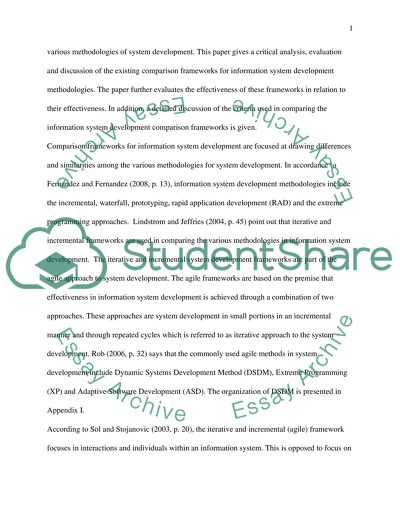Cite this document
(“Information System Development Methodologies Essay”, n.d.)
Information System Development Methodologies Essay. Retrieved from https://studentshare.org/information-technology/1454012-information-system-development-methodologies
Information System Development Methodologies Essay. Retrieved from https://studentshare.org/information-technology/1454012-information-system-development-methodologies
(Information System Development Methodologies Essay)
Information System Development Methodologies Essay. https://studentshare.org/information-technology/1454012-information-system-development-methodologies.
Information System Development Methodologies Essay. https://studentshare.org/information-technology/1454012-information-system-development-methodologies.
“Information System Development Methodologies Essay”, n.d. https://studentshare.org/information-technology/1454012-information-system-development-methodologies.


